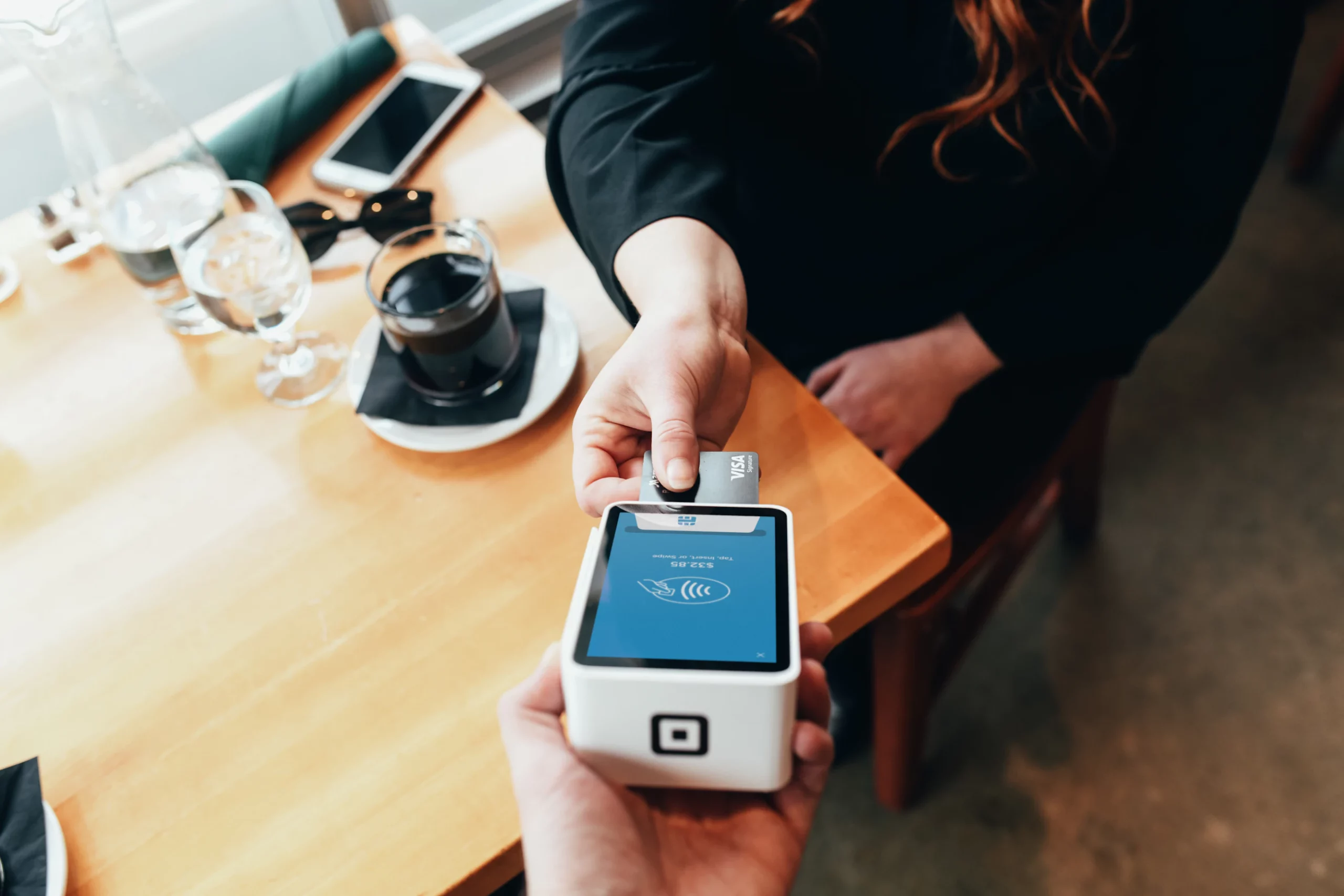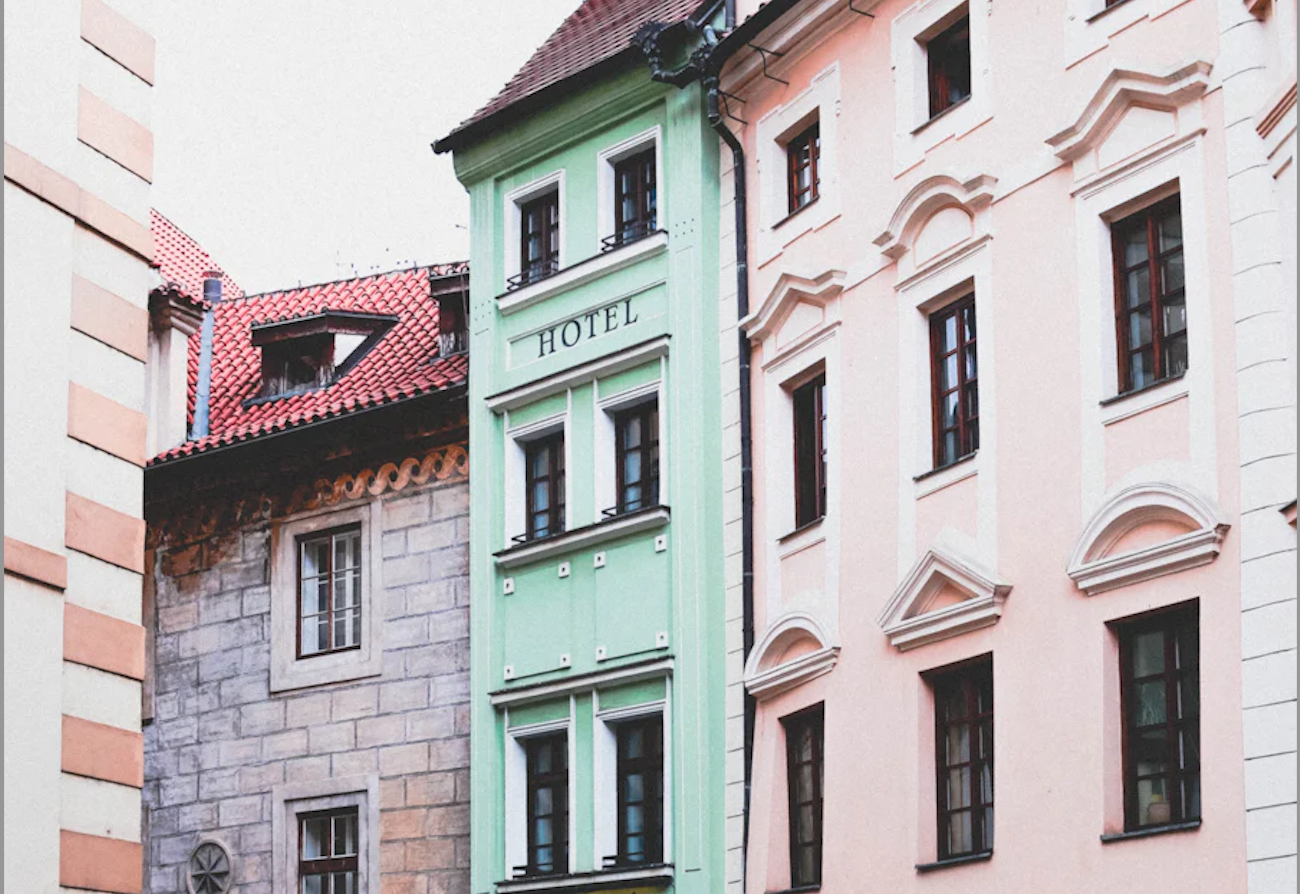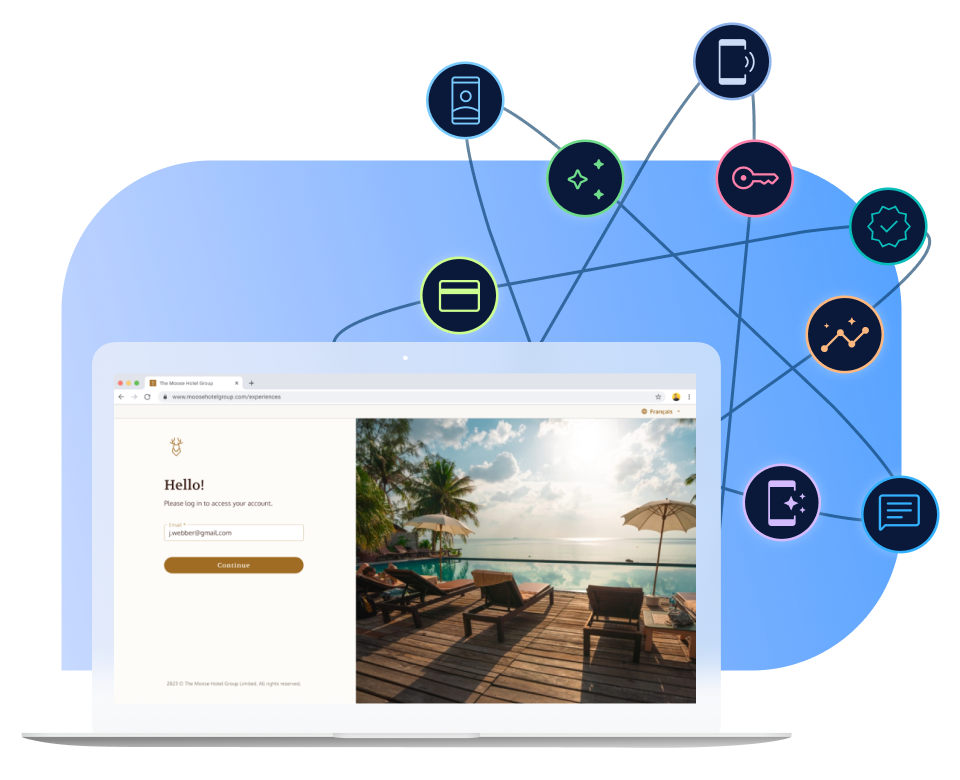Simon Bullingham, CEO of Journey Hospitality, explains what hotels can learn from high-end department store, Selfridges.
Hotels can no longer be just room-centric businesses. Consumer expectations have changed; luxury guests demand experiences that incorporate more than high thread count and 24-hour room service. To thrive, hoteliers need to view their property holistically and consider how to monetise their wide range of products and services. Hotels need to be more Selfridges.
A digital-first world
The UK is the world’s third largest eCommerce market, with 80 per cent of people shopping online – tipped to rise to 89.6 per cent by 2025. Digital-first no longer applies only to Millennials and Gen Z. Smartphone ownership in adults aged 55 to 64 increased from 19 per cent in 2012 to 83 per cent in 2021.
The rise of digital was accelerated by the pandemic. Guests are accustomed to – and expect – personalised services. Whether grocery shopping at Fortnum & Mason or configuring a custom Lamborghini online, luxury retailers have transferred supreme face-to-face customer service into engaging, awe-inspiring digital shopping experiences.
Learning from retail
Hoteliers need to consider what high-end retailers such as Selfridges do well, and how it can be applied to hospitality.
• Live pricing and availability of their catalogue. While most hotels have this functionality for rooms, it is lacking in other areas of the guest experience such as spa, golf and activities, primarily due to booking systems that don’t work with each other.
• Promotional messaging including complementary products. Just like Netflix recommends programmes to watch, hotel upsells can now be driven by real-time data decisions. If a guest has booked a hotel room and a round of golf, technology can help fill in the gaps of their stay by offering a restaurant booking.
• One shopping basket, no matter what you’re buying. At Selfridges, shoppers can make purchases from multiple departments – men’s pyjamas, vitamins and blenders sit side-by-side in one shopping cart, to be paid for in one transaction. This deep linking of the booking journey is key in providing a smooth customer shopping experience.
• Shoppable content taps into consumer desires. Retailers play on the relationship between imagery and action, allowing easy booking with one-click on images and video. Hotel guests often want specific details about a room or facility before booking. By using extensive image galleries, VR and 360 tours, they can explore spaces from multiple angles and envisage themselves on-site. Linking booking capability to images and other areas throughout your site boosts sales.
Using technology to bolster the guest experience
When booking a hotel, many guests endure a poor web experience with few self-service options, irrelevant products shown and a fragmented booking journey. It’s understandable – most hotels operate using legacy systems and a tech stack that is disjointed at best.
Online booking involving multiple departments is often impossible, forcing guests to contact the hotel or await a callback to add items such as golf, dining times or spa treatments. Deep retailing technology allows hotels to sell any item or service, at a time that is convenient to the guest. During the pandemic, hoteliers pivoted from room sales to experiences such as picnic hampers and outdoor events to keep revenue flowing and guests engaged. The last two years proved that by seizing the opportunity to broaden and differentiate offerings, hotels can reap commercial benefits – and those learnings can be implemented through retailing technology.
By learning from retail, hoteliers can tap into wider societal trends and innovation, extend hospitality’s service culture into the digital realm, and bolster revenue by driving sales across all aspects of a hotel’s products and services.








